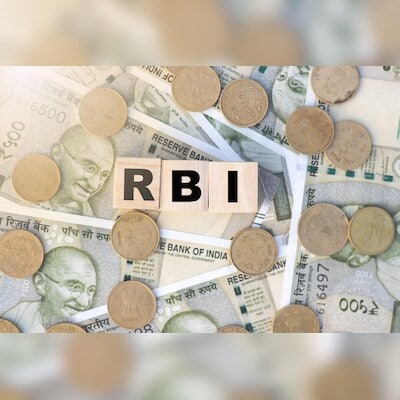RBI’s MIBOR panel advocates benchmark based on secured money market | Banking

The Reserve Bank of India (RBI)’s Committee on MIBOR Benchmark, in its report published on Tuesday, suggested that the Financial Benchmarks India Limited (FBIL) may develop and publish a benchmark based on the secured money market, referred to as the Secured Overnight Rupee Rate (SORR). This rate will be calculated from trades executed during the first three hours in the basket repo and TREP (Tri Party Repo) segments, the Committee suggested.
The Committee was set up to review rupee interest rate benchmarks in India, with a focus on evaluating the usage of the Mumbai Interbank Outright Rate (MIBOR) and assessing the need for transitioning to new benchmarks.
The report said that the market for repo in government securities (TREP and market repo), which accounts for 98 per cent of overnight money markets and includes both banks and non-banks, is a more representative and robust measure of overnight market funding rates compared to the call money market. This makes is better suited as a benchmark for interest rate derivatives used for hedging. However, the Committee also acknowledged that a benchmark based on call money rates, which is the target of monetary policy operations, may be preferred for derivatives aimed at speculating on monetary policy actions.
The report also suggested that non-residents may be granted gradual access to onshore Interest Rate Derivative (IRD) markets beyond MIBOR Overnight Indexed Swaps (OIS) for purposes other than hedging. This will be contingent upon an assessment of evolving market conditions and the implementation of appropriate risk controls.
Currently, the RBI has been reviewing the investment limit for foreign investors in the OIS market, Deputy Governor Michael Debabrata Patra had said earlier. As of now, foreign investors have utilized 96 per cent of the Rs 3.5 billion limit allocated for OIS transactions, nearing the maximum threshold.
The Committee noted that banks in India are increasingly linking their personal, retail, and MSME loans to the policy repo rate, with a growing share of advances tied to this rate. However, international evidence shows that loans are typically priced using interbank money market rates, which are market-determined, unlike policy rates.
This report said that discrepancy could pose risks if interbank rates diverge from policy rates, leading to basis risk, and making it difficult for borrowers and banks to hedge interest rate risks effectively.
Additionally, corporate loans priced using treasury bills or certificate of deposit rates face similar challenges. Globally, term-based Interest Rate Swaps (IRS) are preferred for predictability and ease of financial management. While the new alternatives to LIBOR (London Interbank Offered Rate), such as SOFR (Secured Overnight Financing Rate) and SONIA (Sterling Overnight Index Average), are overnight rates, efforts are being made to develop reliable term rates.
Stakeholders and the public have been invited by the RBI to submit comments on the Committee’s report via email by November 15, 2024. These comments will be reviewed before final decisions are made on the Committee’s recommendations.
First Published: Oct 01 2024 | 9:02 PM IST




